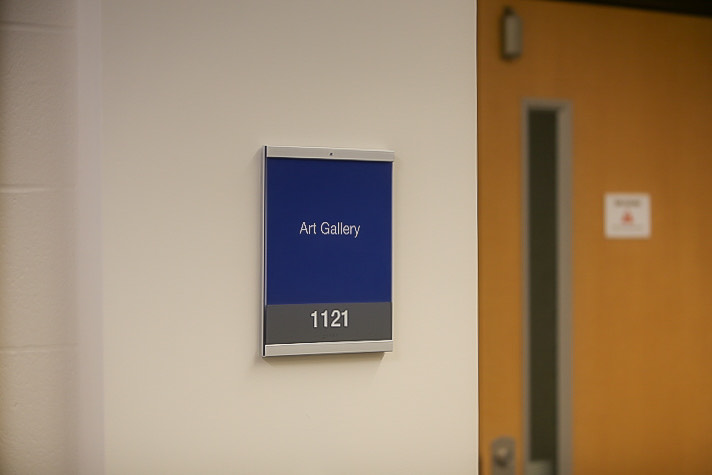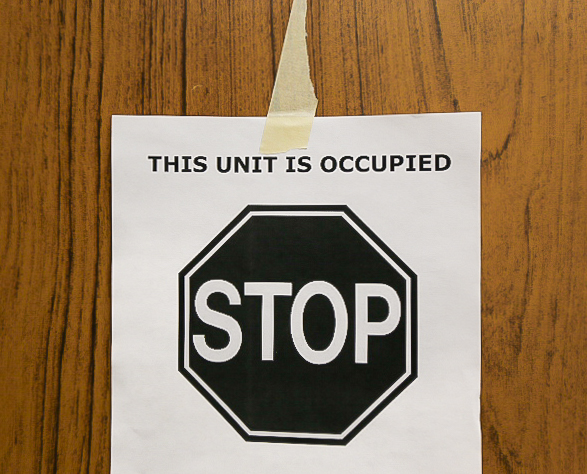Lost in the shuffle
Mar 13, 2011
There is no question that Gov. Rick Snyder has enacted policies that will have short term benefits for the Michigan economy. His frequent declaration that, “Jobs are job No. 1” defined his candidacy and is defining his governorship, but for many Michigan residents, Snyder’s cuts threaten to create economic hardships for citizens of an already struggling state.
Snyder’s official budget will not be announced until Thursday, but cuts such as a 22-percent decrease in higher education funding, the inclusion of pensions and retirement money in taxable income and the scaling back of the Michigan film incentives have been announced over the past month.
The latest criticism stems from Snyder’s proposed tax increases. Households earning $17,000 or less — which make up the poorest 20 percent of Michigan families — will see a tax increase of 1.1 percent, compared to a 0.1 percent increase for the state’s wealthiest residents. An analysis by the Institute on Taxation and Economic Policy estimates that the tax hike will have a 10 times greater impact on low-income families than wealth ones.
These changes will no doubt help the state crawl out of a slumping economy by reducing spending on what Snyder apparently sees as unnecessary expenses, but Michigan residents depend on these “expenses” to cope with a struggling economy, and the needs of the state should not overshadow the needs of the people that live in the state.
If current trends continue, the people who elected Snyder into office will no longer be able to afford to live in Michigan. It’s as if the governor is trying to put together circumstances in which only the wealthiest of Americans will be able to live in Snyder’s “reinvented Michigan,” and everyone else will have to deal with it.
The political unrest and movements toward revolution that have spread in Tunisia, Egypt, Lybia and other countries in the North African/Middle Eastern region may have occurred far away from home, but the will of those citizens to take action and rid themselves of oppressive conditions have served as a reminder to the world of the power that the people hold over the government. The government is supposed to serve the people, and not the other way around.
If government officials in Michigan, as well as other Great Lakes states, continue to push their political agendas in lieu of working to maintain a decent standard of living for their constituents, then it’ll only be a matter of time before those constituents begin to wield the same power as those who have recently fought for a better standard of living.

























